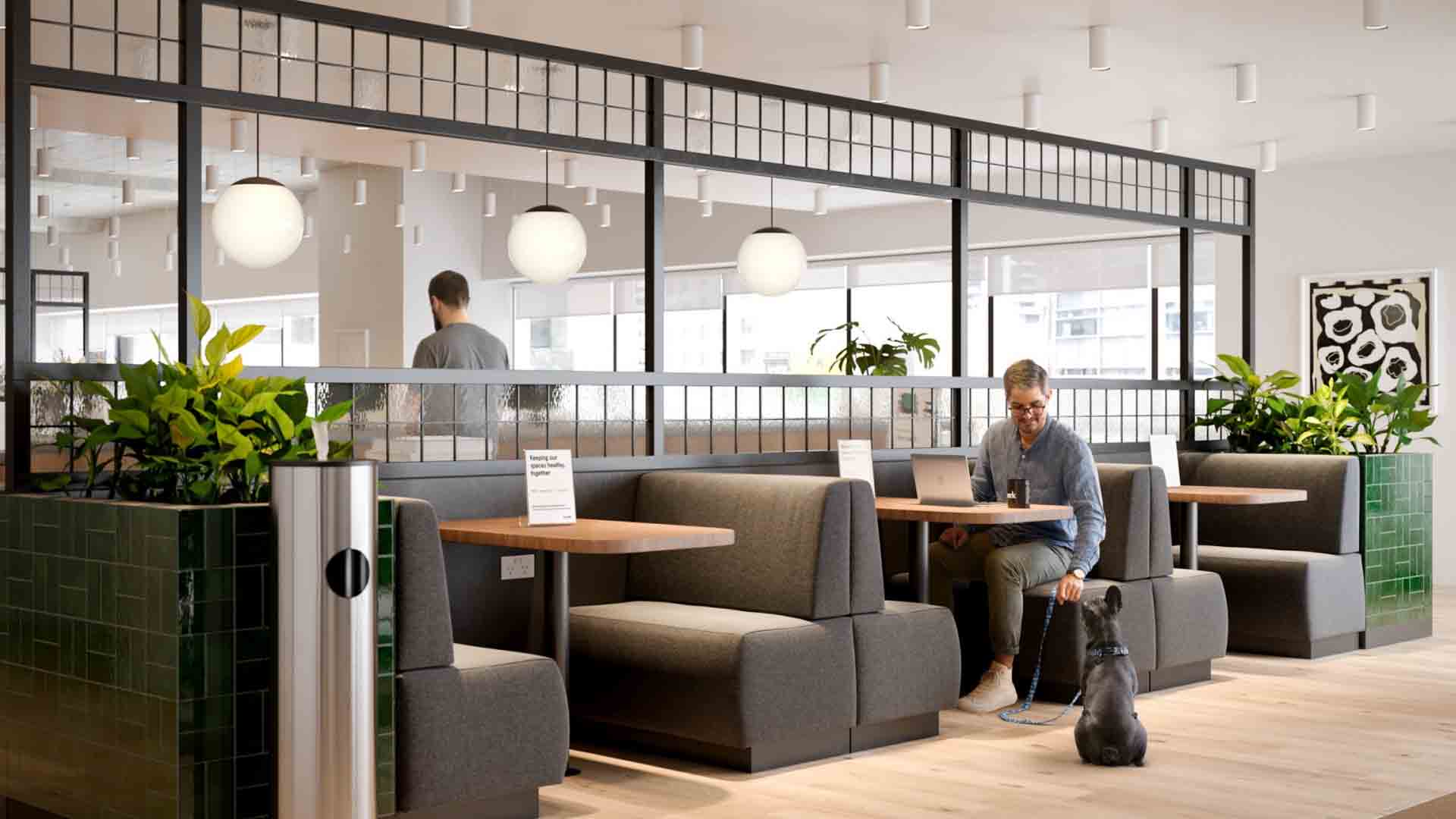The sudden upsurge of COVID-19 cases has created a significant shift in the way businesses operate globally. The pandemic has forced many enterprises to swiftly adapt and rethink their protocols. While the phenomenon has brought about the recalibration of business strategies, most businesses have adapted the so-called ‘new work order’.
Now more than ever, COVID-19 has placed great emphasis on anticipating future needs. With fixed costs arising from real estate leases and expenses, businesses of all sizes have turned to an emphasis on maintaining operational and cost efficiency. Along with the unpredictability and speed of how fast things evolved, pivoting to space-as-a-service providers like WeWork can prove to be a smarter long-term strategy for businesses.
By moving away from fixed workspace commitments, re-allocating budget to other key business priorities can help keep businesses afloat.
Here are four reasons why co-working spaces are a practical choice as companies recover and face the ‘new normal’:
1. Having a sense of community
Co-working spaces come with a built-in benefit of a diverse community. This opens up opportunities for employers to preserve company culture, employee integration and experience to drive productivity, motivation and connection.
Maintaining collaboration between business groups and the government will be a key part of rebuilding our economy. Most enterprises, individuals included, find that shared spaces increase their commissions and connections, expand their business, create jobs, and stimulate the economy.
Even as Manila remains under Community Quarantine, WeWork still keeps its community connected. In this new reality, new community elements are redefined by engagements through webinars and sessions with business leaders or members to sustain continuous exchange of ideas.
2. Empowering sustainable work arrangements
The shift to remote working during the pandemic has proved that there are alternative and flexible workspace arrangements to creating a productive work environment.
This type of working scheme also brings questions of sustainability in the long run. Employers need to take into consideration employees’ work resources, productivity , and mental well-being. On the contrary, many leaders have addressed the importance of physical workspace: how in-person interaction matters for innovation, relationships, culture, and more.
In this new normal, companies will continue to look at alternative workspaces. As distancing shapes the new work order, WeWork is able to partner with companies to deliver hybrid flexible workspace arrangements.
Signing up for a co-working space or office can help address these concerns for your employees. Along with new demands of the workforce today, WeWork’s space provides your team with the needed essentials to increase efficiency and productivity.
3. Adding flexibility to businesses
COVID-19’s impact on the economy has shown the need for organizations to take a conservative approach when it comes to operational needs such as lease flexibility.
In an increasingly fluid environment, this gives enterprises of all sizes the ability to scale the amount of space dependent on their needs.
During this period, businesses had to make quick operational decisions and WeWork’s ability enabled them scale 3x faster than traditional options. By bringing agility to their portfolio with flexible terms and innovative deal structures, businesses have also saved up to 50% of committed costs.
This also points to growing trends among larger enterprises, where many are quickly innovating their global real estate strategy and forging strong partnerships with flexible workspaces.
4. Supporting business continuity efforts
Business continuity plans are critical for riding out a crisis, specifically from a workspace perspective to instil confidence in business operations.
The COVID-19 pandemic has reinforced physical workspaces as essential in times of disruptive events for continuity of business operations. Beyond fostering collaboration and productivity, a co-working space’s role is also to help its members drive business efficiency – offering flexible services, tools, and strategy that can help businesses be well-equipped and prepared for future crises.
Many enterprise members have global presence through WeWork. This is why most of its members have been turning to them for guidance to navigate the evolving situation. Proactive conversations have been happening among members and non-members to better understand the importance of space-as-a-service as part of their business continuity planning strategy. This also illustrates how the solutions provided by co-working spaces, like WeWork, are deemed crucial and part of their future-proofing strategies.
The new work order is indeed upon us and there is no going back to the way it was. The task for businesses is to adapt both efficiently and effectively as industries move towards recovery.
Illustrating how WeWork’s core product and value proposition continue to be in demand, enterprise accounted for more than 50% of WeWork’s core revenue for the first time in Q2 2020.
WeWork continues to redefine the future of work for more productive office environments reflective of the new normal. This is done by revamping its products, design, and services to meet members’ new expectations from professional distancing to cleanliness standards.
By implementing a renewed workplace standard across its locations, members are ensured of a smooth transition back to the workplace. All these were done while maintaining its strengths as a partner of choice for turnkey, thoughtful, and diverse space solutions. With a decade of expertise, WeWork will be able to pivot to what their partners’ need to face the new normal head on.







